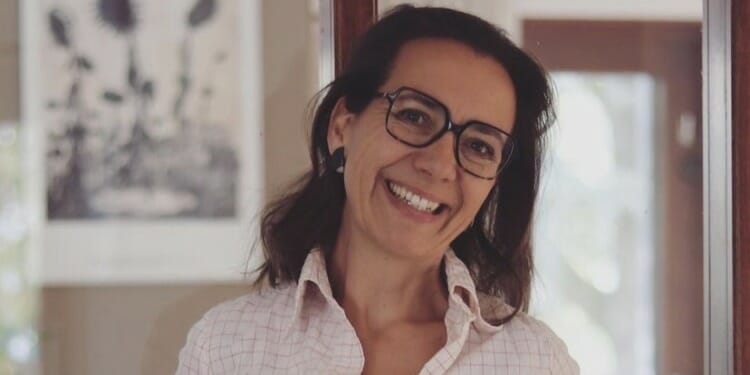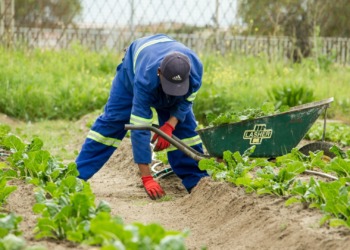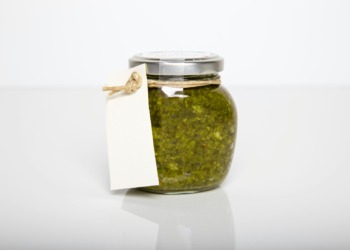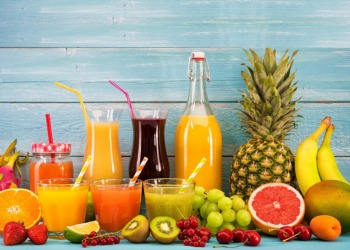Nathalie Klok is a sustainable fashion influencer based in Amsterdam. Her Instagram account, @lemonadeamsterdam, offers informative and creative content on thrifting and upcycling clothing that she hopes will inspire more sustainable consumption habits. We asked her a few questions about her approach to slow fashion and why creativity matters more than ever before.
How did you get into sustainable fashion?
After ten years working in marketing and advertising as a consumer insights specialist, I realized that it was enough. I didn’t want to help brands to gain more sales anymore. I understood that companies were only striving for more profit at people’s and planet’s cost. As I wanted to explore my creative part, I attended a course at the art academy and I started to create home decorations with old clothes that people gave me.
That’s how @lemonadeamsterdam was born. From home decorations it evolved into a slow fashion label, and after a few years into a slow fashion inspiration platform. In my opinion there were and still are enough clothes in this world, so creating other clothes was not necessary anymore.
What is your goal and who is your audience?
My goal is to inspire people to change their consumption behavior and step out of the ‘consumption rat race’. Therefore, I inspire people to have a more creative view of their wardrobe and lifestyle in general. A few weeks ago I also started a course at the SDA Bocconi School of Management: The Sustainable Fashion Program. During this course I will learn how to integrate sustainable business practices into fashion companies.
With this knowledge I hope I can also influence companies to really embed a sustainable culture. I am really grateful that this education institute gives me the opportunity to discuss the sustainable future of companies with a lot of interesting fellow students from all over the world.
My audience is mixed. Some of my followers are already living a sustainable lifestyle, while others are at the beginning of their journey and they are inspired by LemonadeAsmterdam to take small steps towards sustainability.
What has been the biggest learning curve in your professional growth?
The moment in which I realized that I could combine my left and right brain skills to create content on LemonadeAmsterdam. As I have a Master’s Degree in Social Psychology but I’ve also done some creative courses, I’ve always been looking for a ‘knowledge based’ or creative profession. When I started to combine these two skills in LemonadeAmsterdam by creating informative and creative content, it finally began to grow.
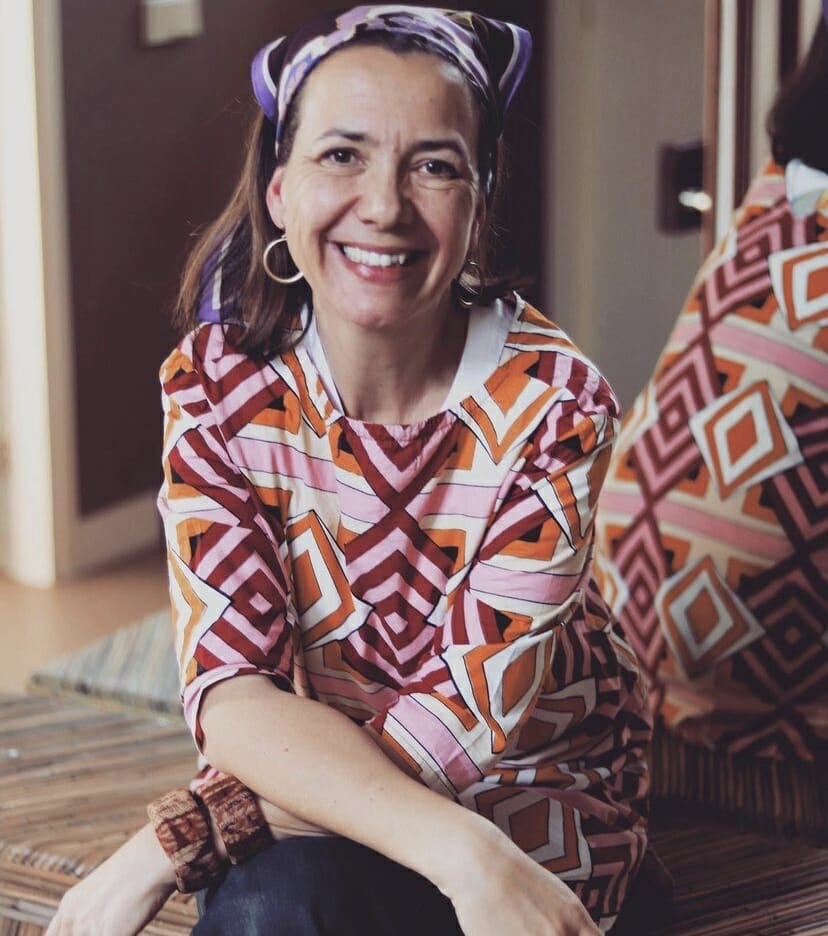
What are the biggest misconceptions about what you do?
A lot of people think that I am a real fashion designer or a seamstress, but I am neither of them! If you have a closer look at the items I remake, you can see that they’re far from perfection. My father taught me how to sew (just the basics) and that’s what I can do.
But there’s more. Some people think that I misjudge who buys fast fashion, and that’s not true. It may seem strange but in my opinion we are all ‘slaves’ of the overconsumption regime. I know that it is really difficult to step out, so I feel compassion for the over-consumers. I’m motivated to inspire them to change!
What’s a day in your life like?
My days are never the same! With four kids, a dog and two cats I’m always very busy. In the morning I usually answer emails and I write informative posts for LemonadeAmsterdam. After that I need a break and I start with some creating, mending, upcycling. I have a workspace at home. A few times a week I visit a store, a thrift store or a cultural place like a museum. I do all of this to get inspiration and be inspired so that I have the right spirit to create good content. A positive aspect of Covid is that a lot of workshops and events all over the world are online at the moment.
Who inspires you?
There is not one person or brand that inspires me. I search a lot on social media and have an eye for small details when I visit thrift stores. When I see a nice detail on clothing I try to remake this and share it on my social platforms to inspire other people. Furthermore, I watch and read a lot about sustainable fashion and especially about the future of sustainable fashion. Besides the fact that we are in a dangerous climate situation, we also live in a time where we accelerate in creative and really different solutions and visions.
For me, the developments in regenerative agriculture and regenerative fabrics are very interesting and, besides the reuse, recycle and remake trend, they are the future. To create a healthy planet we have to rethink the use of our land and make it fertile again.
Fertile soil can do so much good for people and climate. The fashion industry can help in this area by focusing on the use of more natural fabrics that are regenerative for our soil. Instead of always looking around us, to other people what they wear, what their incomes are etc. we have to look down, to our soil and start to follow the rhythm of the planet.
Who is someone you want us to know?
For me Orsola de Castro, the creative founder of Fashion Revolution is someone you should follow and know. She combines knowledge and creativity as a way to create change.
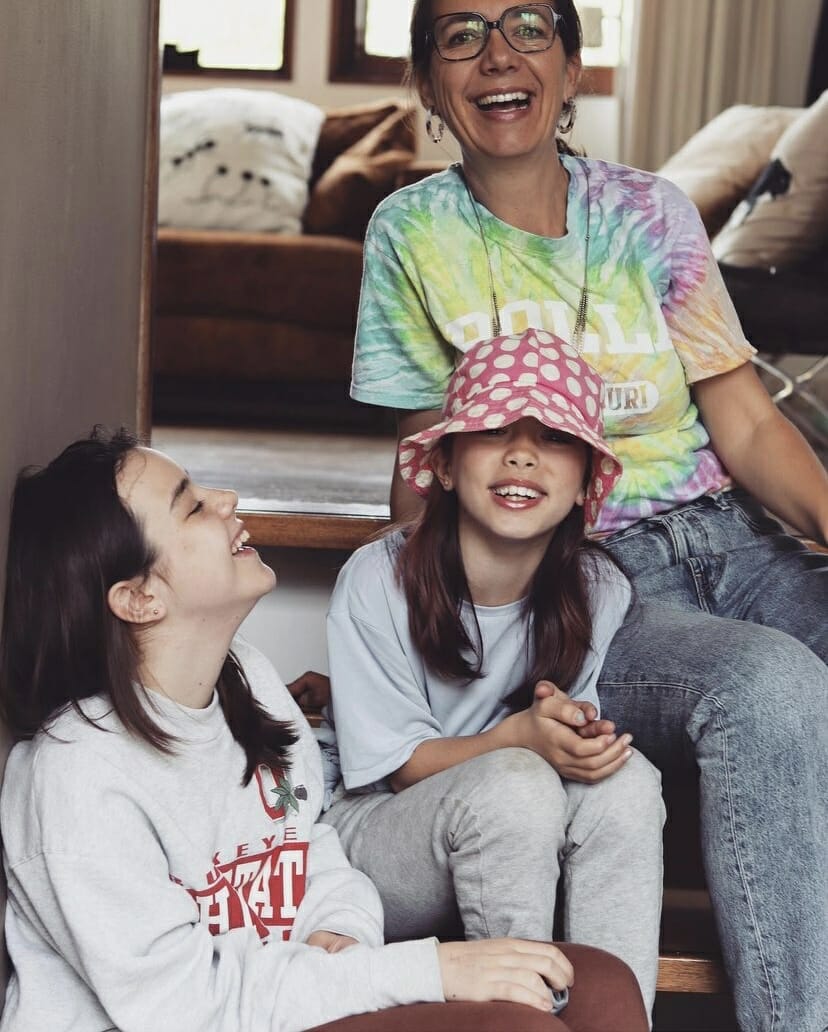
One sustainable product you can’t live without?
For a few months I have been using soap bars and shampoo bars.
One eco-friendly habit you wish everyone practiced?
I think that we should reuse what we already have and stop running to the store always looking for new things to buy. Since I was a teenager, I would go to thrift stores to buy my clothes and I remake furniture and home decorations. I have always felt more attracted to items with a history rather than new items. I kind of feel the story behind preloved goods, clothes and furniture, and I love to add a new story to something. I wish more and more people would do this.
What does sustainability mean to you?
Sustainability for me is a synonym for caring for the world you live in. Because when you care, you naturally start thinking about better alternatives for damaging behavior. To take care and strive for a happy and healthy relationship with the world we live in, in my opinion, it results in sustainable behaviour.
Editor’s Note: The opinions expressed here by Impakter.com columnists and contributors are their own, not those of Impakter.com. — In the Featured Photo: Nathalie Klok Featured Photo Credit: Nathalie Klok


